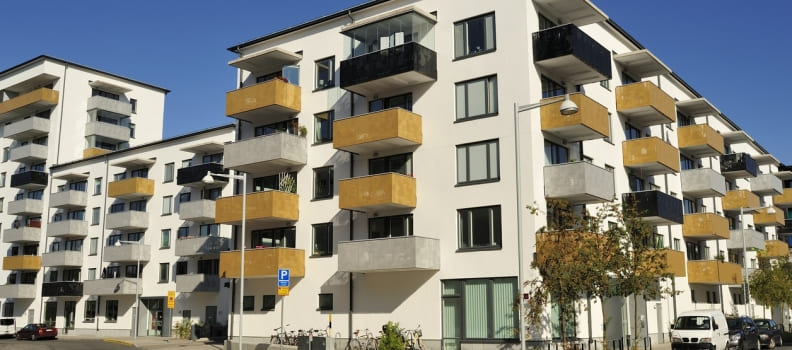
Buying a second-hand home is an important decision that can be cheaper than opting for a new build. However, it is crucial to take into account several aspects to ensure a successful purchase. Below, we present a guide with the key points to consider. consider, based on various specialized sources.
Determine your budget
Before you start looking for a home, you should be clear about how much you can afford to spend. A general rule of thumb is to keep your monthly housing payment to no more than 30-35% of your net income. This planning will allow you to adjust your expectations and avoid financial surprises.Delimit the area where you want to live
Narrowing your search to a specific area will simplify the process and help you quickly identify the options that best fit your needs. Walking around the area or using online real estate portals will give you a clear overview of the local market.Make a list of must-haves and wishes
Define what features are essential for your home (number of rooms, location, etc.), and create a wish list of things that would add value, such as having a terrace or garage. This will allow you to be more objective during the search process.Compare price-performance ratio
Select two or three properties that interest you and compare their condition and features against the sale price. Take into account aspects such as the year of construction, the orientation of the property, the quality of the materials, and the annexes (garage, storage room, etc.). etc.). Also, it values the proximity to essential services such as public transport, schools and commercial areas.Inspect the condition of the home
Before making an offer, carefully check the condition of the property. Check the electrical installation, plumbing, condition of the windows and floors, and, if necessary, estimate the cost of renovations. This way, you can better calculate whether the property is suitable for your needs. housing remains a good option once these additional costs are added.Check out the common areas and talk to the manager
If the property is part of a building, it is essential to know the condition of common areas such as elevators, pools, or gardens. Talk to the manager to check if there are recent or future charges that may involve additional expenses. Also, make sure that The current owner is up to date with community payments.Meet the neighbors and get familiar with the area
Talking to the neighbours will give you an idea of the environment you will be living in. In addition, visiting the area at different times of the day will allow you to check important factors such as night-time tranquility, traffic, or the quality of nearby services.Check the charges and legality of the property
Before buying, go to the Property Registry and request a Nota Simple to confirm that the property is free of encumbrances such as mortgages or liens. Also, check that the property tax and other local taxes are up to date. This will avoid problems. legal or financial after the purchase.Request professional advice and sign the sales contract
The sales contract must be clear and detailed, with no room for misunderstandings. Having the support of a real estate agency can be useful both in the search and in the legal and financial procedures. In addition, these agencies can help you find the best option for your property. financing.By following these steps, you will be able to make a more informed decision and enjoy the experience of buying a second-hand apartment, minimizing risks and ensuring that the investment is safe and satisfactory.
